
View Answer
Orville and Wilbur Wright.
In 1903, Orville and Wilbur Wright invented their first aircraft. They tested this aircraft on 17th December 1903 at Kitty Hawk.
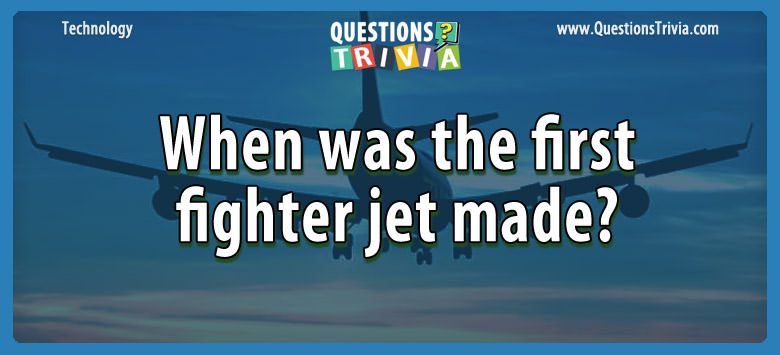
View Answer
The 1930s.
Turbojet was the first fighter jet that was invented by Frank Whittle.
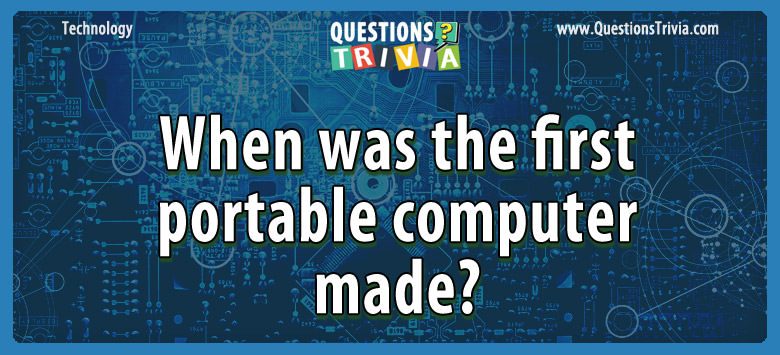
View Answer
1981.
Osborne Company made the first portable computer in 1981, and it was named as Osborne 1. This portable computer was designed by Lee Felsenstein who was an American engineer. The overall weight of the computer was around 24 pounds, and it was made with silicon, plastic, and metal.

View Answer
Hydrogen.
Fuel cell electric vehicles are environment-friendly vehicles as they use hydrogen gas and do not emit harmful substances. Hyundai Tucson and Toyota Mirai are examples of fuel cell electric vehicles.

View Answer
1997.
The very first hybrid car was launched in 1997 in Japan, which was named as Toyota Prius. Later in 1999, another hybrid car Honda Insight was launched in Japan and the United States.
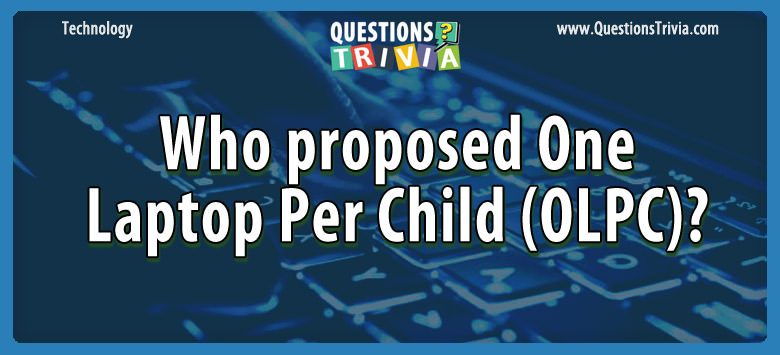
View Answer
Nicholas Negroponte.
OLPC is a non-profit initiative of educating children all over the world. Nicholas Negroponte proposed this initiative in 2004 with the objective of distributing educational devices in developing countries.
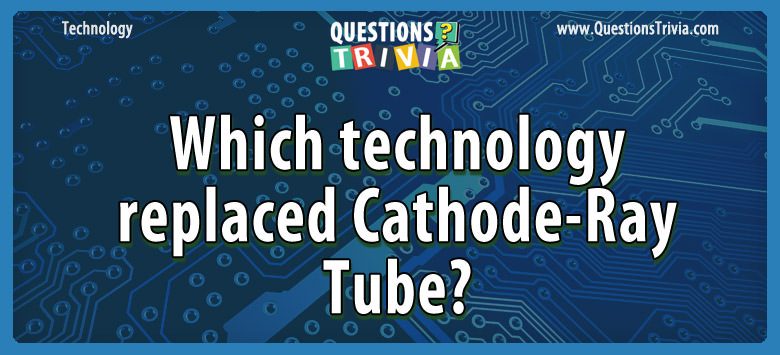
View Answer
Liquid Crystal Display (LCD).
Since the 2000s, Cathode-Ray Tube was the only technology used in computer monitors and television sets. Later Liquid Crystal Display replaced it because of its several advantages over the CRT.
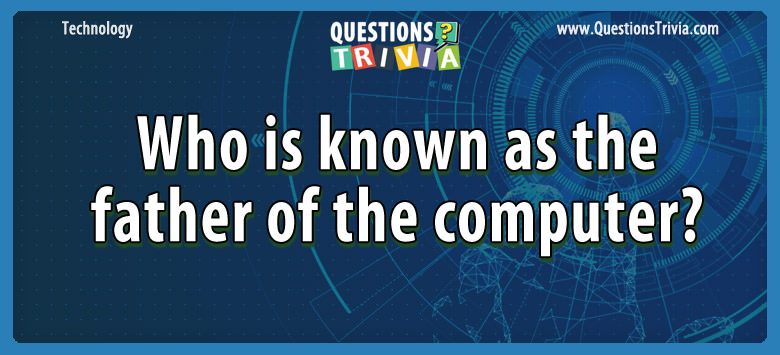
View Answer
Charles Babbage.
In 1837, Charles Babbage invented the Analytical Engine that enclosed an integrated memory, Arithmetic Logic Unit, and basic flow control. The analytical engine was welcomed as the first computer concept.
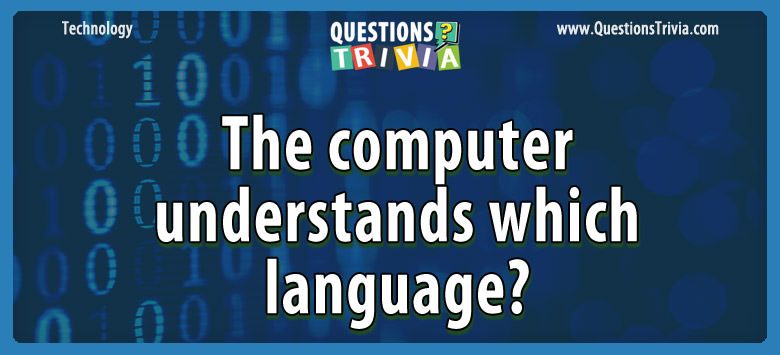
View Answer
Assembly language.
The computer understands assembly language, which is a programming language that gives directions to the computer. It is similar to a machine code which uses words instead of numbers.
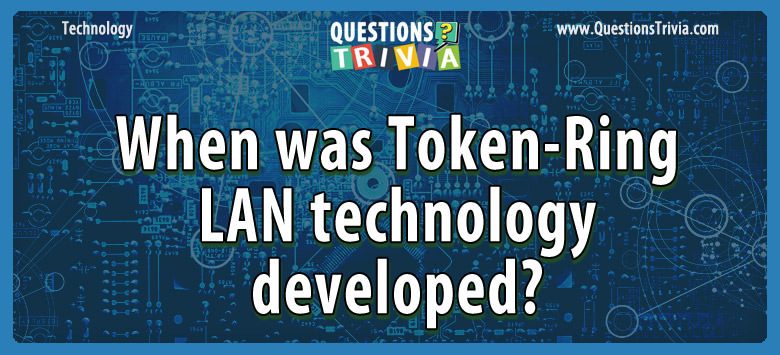
View Answer
The 1970s.
IBM representatives developed Token-Ring LAN technology along with the help of IEEE 802.5 subcommittee.
About Trivia Quizzes and Games
Experts say that when it comes to brainpower, you either use it or lose it. Playing trivia games regularly is one sure way to keep your mind active because it involves comprehension, cognition and memory skills. Questions are drawn from some of the most memorable events in history, science or popular culture. These quizzes are designed to be played in different formats: as an individual challenge, with a partner or as team play on game night. We construct our quizzes to present escalating challenges. Trivia games deal with facts. Every question included in our games has been checked for accuracy and relevance. You are free to quote them at your next gathering to show off some interesting facts you’ve picked up from playing trivia games. Doing trivia quizzes has also been shown to improve collaboration and communication skills, generate a healthy debate, relieve stress and promote harmony among many advantages. The more you play, the more you know, and you can focus on the topics that are of great interest to you.
